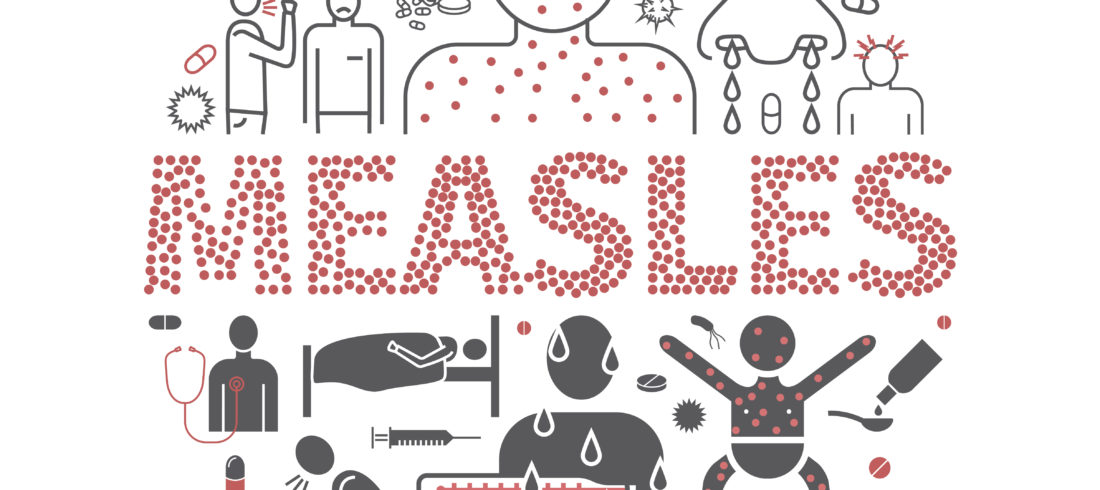Before a vaccination for measles was discovered in 1963, 4 million people per year contracted measles. Of the 4 million diagnosed 48,000 of these patients were hospitalized, 1,000 suffered encephalitis, or brain swelling, and 400-500 died. A separate measles vaccination was released in 1963 and the MMR or measles, mumps, rubella vaccination was released in 1971.
The physicians at Premier Medical Group recommend that all children (and adults) receive appropriate vaccinations. Children in New York State cannot attend school without having been vaccinated unless they obtain a medical exemption from their physician. As of June 2019, there are no religious exemptions for vaccinations. Vaccinations not only protect the person who is vaccinated, but also anyone exposed to them who cannot yet be vaccinated such as infants before the age of 12 months. This includes children who are of age but have not yet been vaccinated. The appropriate vaccination schedule is as follows:
Children 12-15 months old should start receiving the MMR vaccination and should receive two doses with the second dose at 4-6 years of age.
Adults born before 1957 are presumed to be immune to measles, mumps and rubella. The reason for this is that exposure to these illnesses was so common before 1957 that almost everyone had them as either symptomatic or asymptomatic illnesses some time during her childhood. Adults born after 1957 who are not sure that they received MMR vaccination can either have blood work done to prove immunity or receive 1 dose of MMR, or 2 doses one month apart if they are in a high risk group.
Healthcare personnel without evidence of previous immunity should receive one dose of MMR. Documentation of immunity consists of immunization records or blood work showing that a person is immune. Exceptions include children 6-11 months old and will be traveling internationally and who should receive 1 dose of MMR, pregnant women without documentation of rubella immunity who should not receive MMR and patients who are severely immunocompromised because of HIV disease or specific medications like chemotherapy who should not receive MMR
So what should you do besides making sure that your children have had their vaccinations? If you were born before 1957, you can relax in the knowledge that you have had the measles and are immune. Even if you don’t remember being ill, lack of immunity in this age group is extremely rare. If you were born after 1957 and are not sure about having been immunized, or you are just very concerned, your healthcare provider can do bloodwork to document your immunity to measles. You can receive an MMR vaccination if necessary. Don’t be anxious, be informed.
Measles Facts:
- Measles is a highly contagious virus that lives in the mucus of an infected person. It can spread to others through coughing and sneezing.
- The measles virus can live for up to two hours in a space where the infected person coughed or sneezed. If other people breathe the contaminated air or touch the infected surface, then touch their eyes, noses, or mouths, they can become infected.
- Measles is so contagious that if one person has it, 90% of the people close to that person who are not immune will also become infected.
- Infected people can spread measles to others from four days before through four days after the rash appears.
- Early symptoms include high fever, a cough, runny nose and red, watery eyes. Two or three days later small while spots may appear inside the mouth. Within three to five days the red measles rash breaks out on the face and spreads down the body to the feet. The patient’s fever may go to 104 degrees or higher. In a few days the fever goes down and the rash fades.
- If you have been exposed to measles, call your doctor immediately and let them know. Your doctor can determine if you are immune to measles based on your vaccination record, age, or laboratory evidence, and make special arrangements to evaluate you, if needed, without putting other patients and medical office staff at risk.


